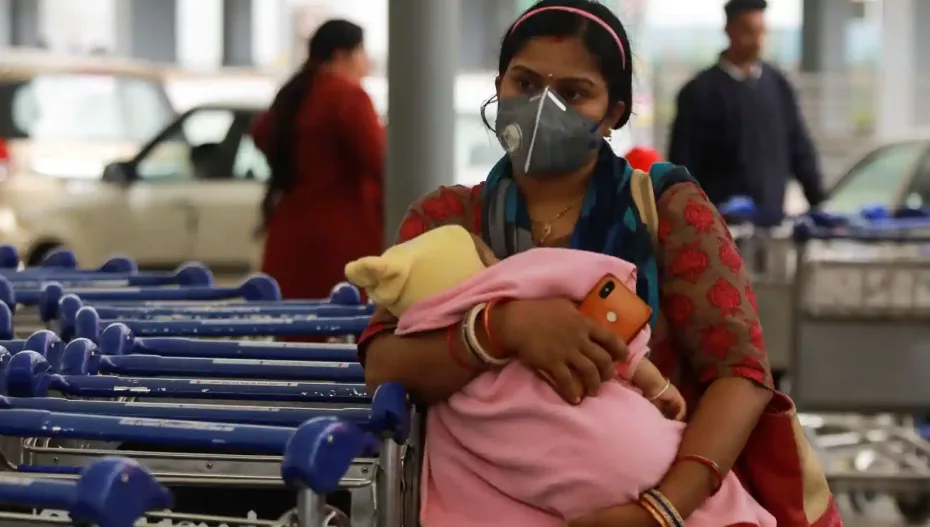The data from the second phase of National Family Health Survey 2019-21 (NFHS-5) revealed a drop in India’s Total Fertility Rate (TFR), thereby indicating stabilisation of the country’s population.
The Total Fertility Rate (TFR) is the average number of children a woman gives birth to in her lifetime. According to the NFHS-5 data, the TFR has dropped to 2 from 2.2. The findings are important as it shows the fertility rate missing the replacement mark of 2.1. The replacement rate of 2.1 children per woman is the fertility rate that stabilises the population over time by balancing births with deaths.
The report also indicated the rise in use of contraceptives, with the Contraceptive Prevalence Rate (CPR) increasing to 67% from 54%.
What is National Family Health Survey (NFHS)
The National Family Health Survey is a large-scale, multi-round survey conducted in a representative sample of households throughout India. The survey provides state and national information for India on fertility, infant and child mortality, the practice of family planning, maternal and child health, reproductive health, nutrition, anaemia, utilization and quality of health and family planning services. The findings of phase one of the NFHS-5 for 22 states and UTs were released in December 2020. The second phase data that was released today had findings from Arunachal Pradesh, Chandigarh, Chhattisgarh, Haryana, Jharkhand, Madhya Pradesh, NCT of Delhi, Odisha, Puducherry, Punjab, Rajasthan, Tamil Nadu, Uttar Pradesh, and Uttarakhand.












